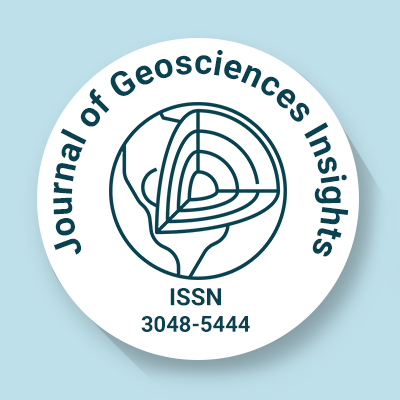
Journal of Geosciences Insights
OPEN ACCESS
ISSN: 3048-5444

OPEN ACCESS
ISSN: 3048-5444

In recent decades, urban sprawl has emerged as a critical issue, with significant social, economic, and environmental repercussions. This phenomenon, often characterized by low-density, unplanned development at the urban periphery, results in excessive resource consumption and negative urban expansion. Urban sprawl is commonly seen as counterproductive to sustainable development, which emphasizes integrated, high-density city planning. To mitigate the adverse effects of urban sprawl, effective urban growth management strategies are essential. These strategies must consider the socio-economic and environmental drivers of urbanization. This review article delves into the specific characteristics and consequences of urban sprawl, drawing on case studies and empirical data to illustrate its impact. Furthermore, it discusses various urban growth management approaches and their effectiveness in promoting sustainable urban development. By analyzing these aspects, the article aims to provide a comprehensive understanding of urban sprawl and propose viable solutions for its management.